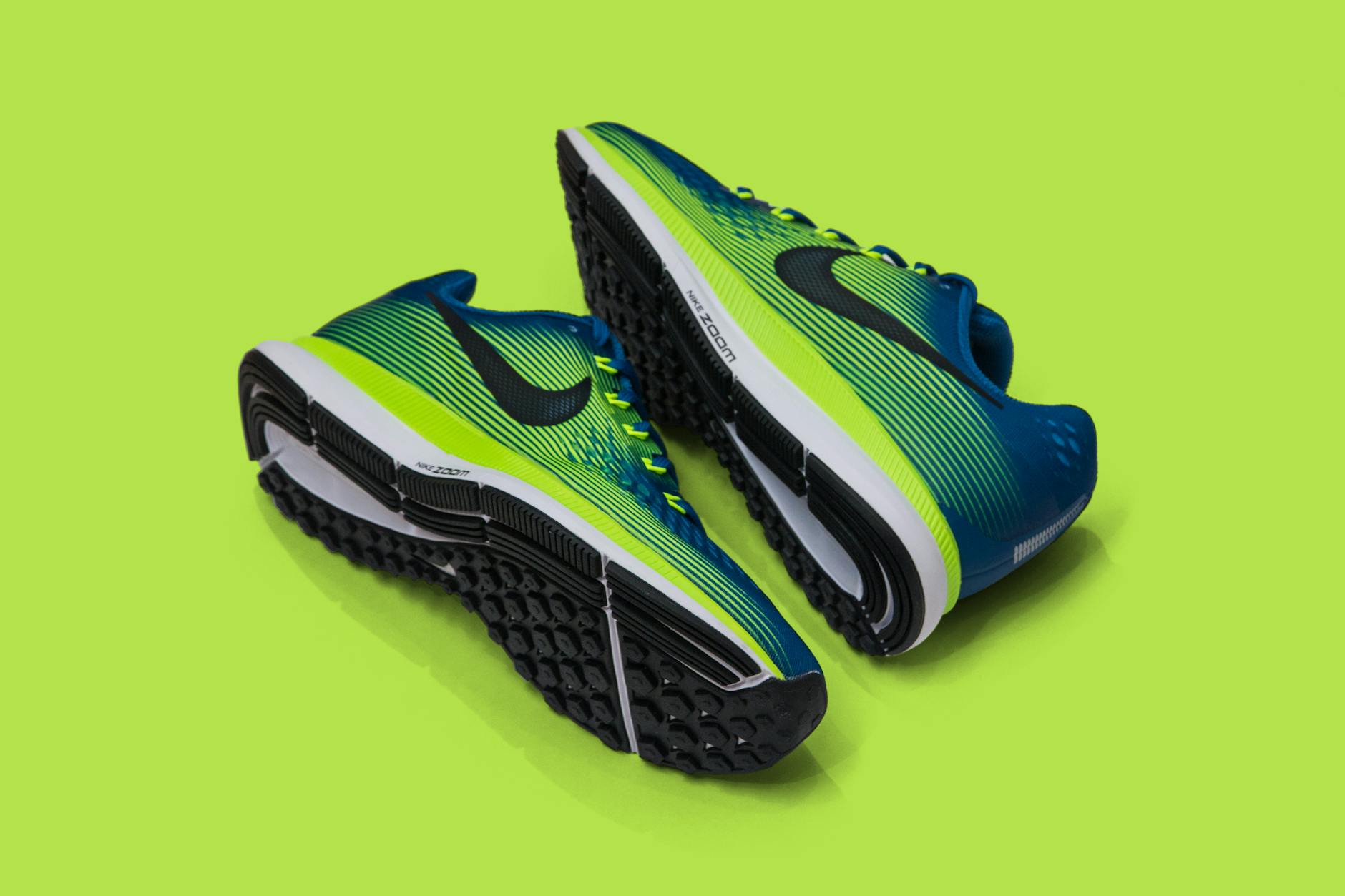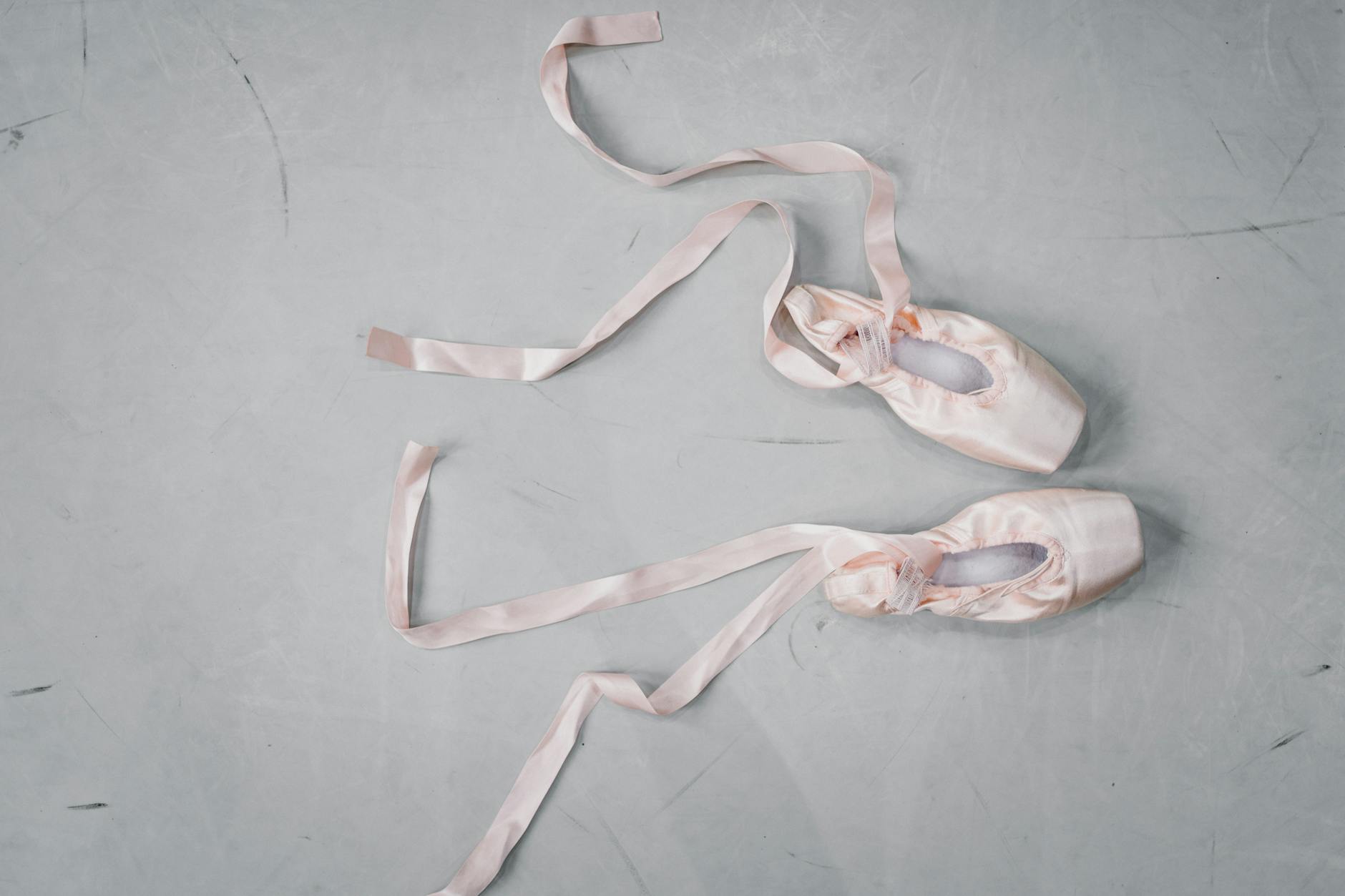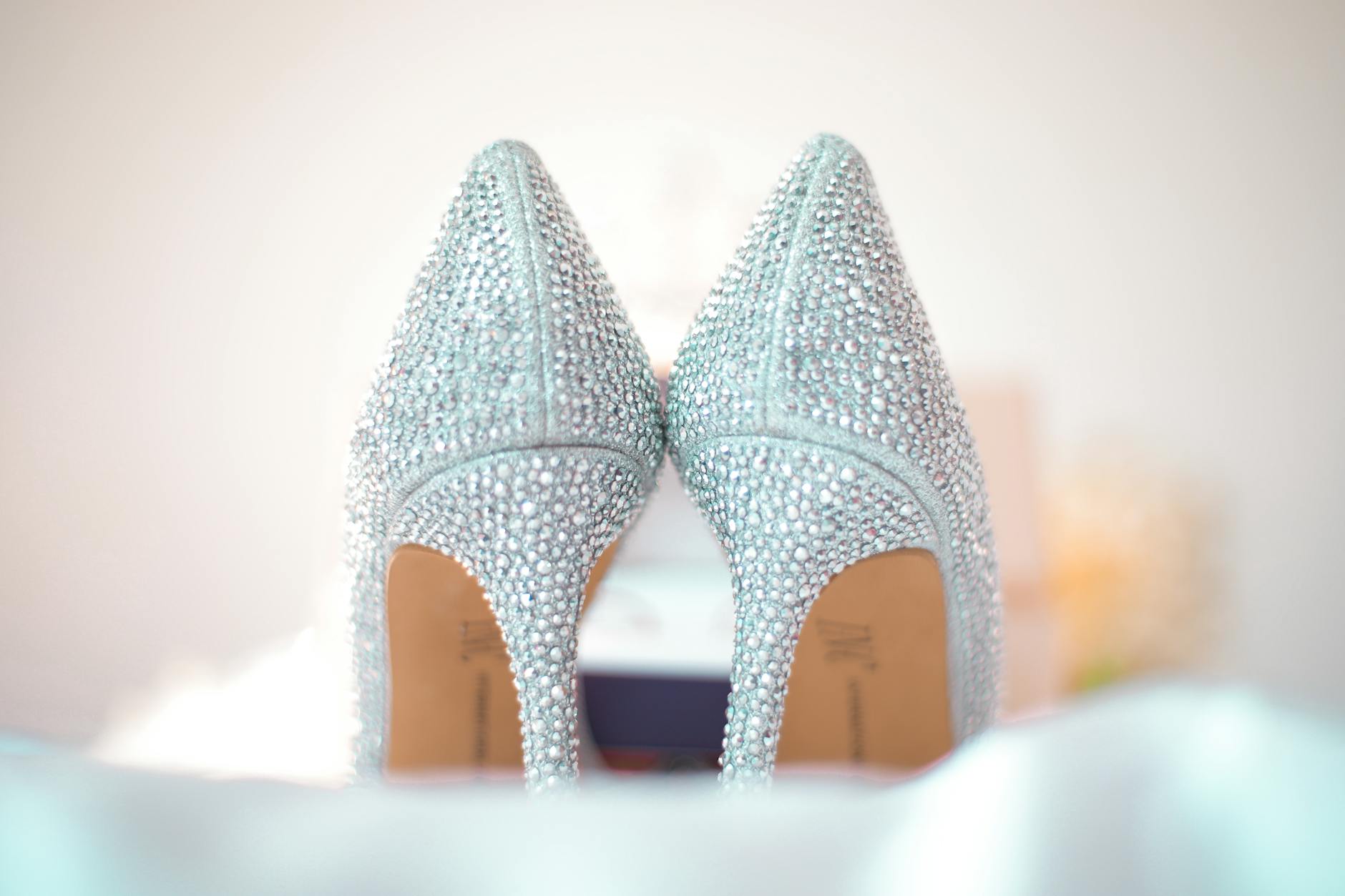The Ultimate Guide to Deodorizing Your Shoes
Are your shoes starting to smell less than fresh? Deodorizing your shoes is a simple and effective way to eliminate unwanted odors and keep your footwear smelling clean. In this blog post, we will explore some easy and practical methods to deodorize your shoes, leaving them smelling as good as new. Whether it's sweat, bacteria, or just general everyday use that's causing the odor, these tips will help you banish the stench and enjoy fresh-smelling shoes once again.
Why Do Shoes Smell?
Have you ever wondered why your favorite pair of shoes starts to emit an unpleasant odor? The answer lies in the combination of factors such as bacteria and sweat, as well as the materials used in the shoe construction that contribute to odor retention.
Bacteria and Sweat
When your feet sweat, the moisture creates an ideal environment for odor-causing bacteria to thrive. These bacteria break down the sweat into acids, leading to the distinct smell associated with sweaty feet. The warm and damp interiors of shoes provide the perfect conditions for this process to occur, resulting in a buildup of unpleasant odors over time.
 Photo by carlo guerrier
Photo by carlo guerrier
Materials and Odor Retention
The materials used in shoes can also play a significant role in odor retention. Certain fabrics and synthetic materials have a tendency to retain odors, especially when exposed to moisture from sweat. Additionally, the insoles and linings of shoes can absorb sweat and hold onto bacteria, exacerbating the odor problem.
 Photo by Ray Piedra
Photo by Ray Piedra
By understanding these factors, we can explore effective deodorizing solutions for shoes, which will be covered in the following sections.
How to Prevent Shoe Odor
Before contemplating how to banish that unpleasant odor from your shoes, consider implementing proactive measures to prevent shoe odor in the first place.
Choose Breathable Shoes
Selecting shoes made from breathable materials, such as leather or mesh, can allow air to circulate around your feet, reducing the buildup of moisture and odor.
 Photo by Ray Piedra
Photo by Ray Piedra
Wear Moisture-Wicking Socks
Utilize moisture-wicking socks, crafted from materials like wool or synthetic fibers, to help keep your feet dry and deter odor-causing bacteria.
 Photo by cottonbro studio
Photo by cottonbro studio
Rotate Your Shoes
By rotating your shoes daily, you can allow them to thoroughly dry out between uses, preventing excess moisture buildup and the subsequent development of odors.
Use Foot Powders or Sprays
Applying foot powders or sprays can help keep your feet dry and minimize odor by absorbing moisture and neutralizing bacteria.
 Photo by Andrea Piacquadio
Photo by Andrea Piacquadio
How to Deodorize Shoes
Baking Soda Method
The baking soda method is an effective way to eliminate foul odors from shoes. Simply sprinkle a generous amount of baking soda inside the shoes and let it sit overnight. The baking soda will absorb the odors, leaving your shoes smelling fresh. In the morning, carefully shake out the excess baking soda.
 Photo by Eren Li
Photo by Eren Li
Vinegar Soak
Vinegar is known for its odor-absorbing properties. Create a solution of equal parts water and white vinegar. Soak a cloth in the solution and wipe down the inside of the shoes. The vinegar will neutralize the odors, leaving your shoes smelling fresh. Allow the shoes to air dry completely before wearing them again.
 Photo by Ron Lach
Photo by Ron Lach
Freezing Method
Place your shoes in a sealable plastic bag and then put them in the freezer overnight. The low temperature will kill odor-causing bacteria, effectively eliminating unpleasant smells. After removing the shoes from the freezer, allow them to thaw at room temperature before wearing them.
Essential Oils
Applying a few drops of essential oils to a cotton ball and leaving it inside the shoes can help impart a pleasant fragrance. Popular choices include tea tree oil, lavender oil, or peppermint oil. The essential oils will naturally mask any existing odors.
 Photo by NEOSiAM 2021
Photo by NEOSiAM 2021
Sunlight and Fresh Air
Allowing your shoes to bask in sunlight and fresh air can help eliminate odors. Place them in a well-ventilated area outdoors for a few hours. The UV rays from the sun will help kill bacteria and the fresh air will help to naturally deodorize the shoes.
 Photo by Maria Orlova
Photo by Maria Orlova
Cleaning Shoe Insoles
When it comes to deodorizing shoes, one of the most crucial steps is to clean the insoles. Over time, insoles can accumulate bacteria and sweat, leading to unpleasant odors. Here's how you can effectively clean your shoe insoles to keep your footwear smelling fresh.
Hand-Washing Insoles
Hand-washing insoles is a gentle yet effective method to remove dirt and odor. Start by removing the insoles from your shoes. Prepare a mixture of mild detergent and lukewarm water in a bowl. Gently scrub the insoles with a soft-bristled brush or cloth, focusing on areas with visible stains or odor buildup. Rinse the insoles thoroughly with clean water and allow them to air-dry completely before placing them back into your shoes.
Machine-Washing Insoles
For a more thorough clean, machine-washing insoles can be an efficient option. Check the care label on your insoles to ensure they are machine-washable. Place the insoles in a mesh laundry bag to protect them during the wash cycle. Use a gentle detergent and select a delicate or gentle cycle with cold water. Once the wash cycle is complete, remove the insoles from the laundry bag and air-dry them away from direct heat or sunlight.
Using Insole Deodorizers
In addition to cleaning, using insole deodorizers can help maintain freshness in your shoes. Consider inserting insole deodorizer products that are specifically designed to absorb moisture and neutralize odors. These products often come in the form of charcoal or specialized fabric inserts. By regularly using insole deodorizers, you can effectively combat unpleasant odors and keep your shoes smelling clean and inviting.
 Photo by Cesar Perez
Photo by Cesar Perez
 Photo by Ray Piedra
Photo by Ray Piedra
Storing Shoes to Prevent Odor
Proper Shoe Storage
When it comes to preventing shoe odor, proper storage is key. Ensure that your shoes are stored in a well-ventilated area to allow moisture to escape. Instead of leaving them in a closed, dark space, opt for a shoe rack or open shelves. This will help air circulate around the shoes, reducing the likelihood of odor-causing bacteria growth.
 Photo by Ryutaro Tsukata
Photo by Ryutaro Tsukata
Using Shoe Deodorizers
Shoe deodorizers are a great way to combat odor and keep your shoes smelling fresh. There are various types available, such as activated charcoal pouches, deodorizing sprays, or cedar shoe inserts. These products work by absorbing moisture and neutralizing odors, effectively keeping your shoes odor-free.
 Photo by Budgeron Bach
Photo by Budgeron Bach
When to Replace Your Shoes
Before you consider deodorizing your shoes, it's important to recognize when it's time to let go of them. Here are some key signs that indicate it's time to replace your shoes and bid them farewell.
Signs of Wear
 Photo by Ryan Lansdown
Photo by Ryan Lansdown
Check for visible signs of wear such as worn-out soles, frayed seams, or damaged padding. These signs suggest that your shoes are no longer providing adequate support and protection for your feet. Additionally, inspect the tread on the sole for noticeable erosion, as it can compromise the shoe's grip and stability.
Knowing When to Let Go
Knowing when to replace your shoes is crucial for foot health and overall comfort. If your shoes no longer offer the necessary cushioning, stability, or support, it's time to consider a replacement. Even if the exterior looks fine, the internal structure may have deteriorated, leading to discomfort and potential foot problems.
 Photo by Gift Habeshaw
Photo by Gift Habeshaw
Conclusion
In conclusion, deodorizing shoes is a simple and effective way to eliminate unwanted odors and keep your footwear fresh and pleasant to wear. By regularly cleaning your shoes, using deodorizing sprays or powders, and allowing them to properly air out, you can maintain a pleasant environment for your feet and prevent the buildup of unpleasant smells. Remember to also practice good foot hygiene to further reduce odor-causing bacteria. With these tips, you can enjoy wearing your favorite shoes without worrying about unwelcome odors.